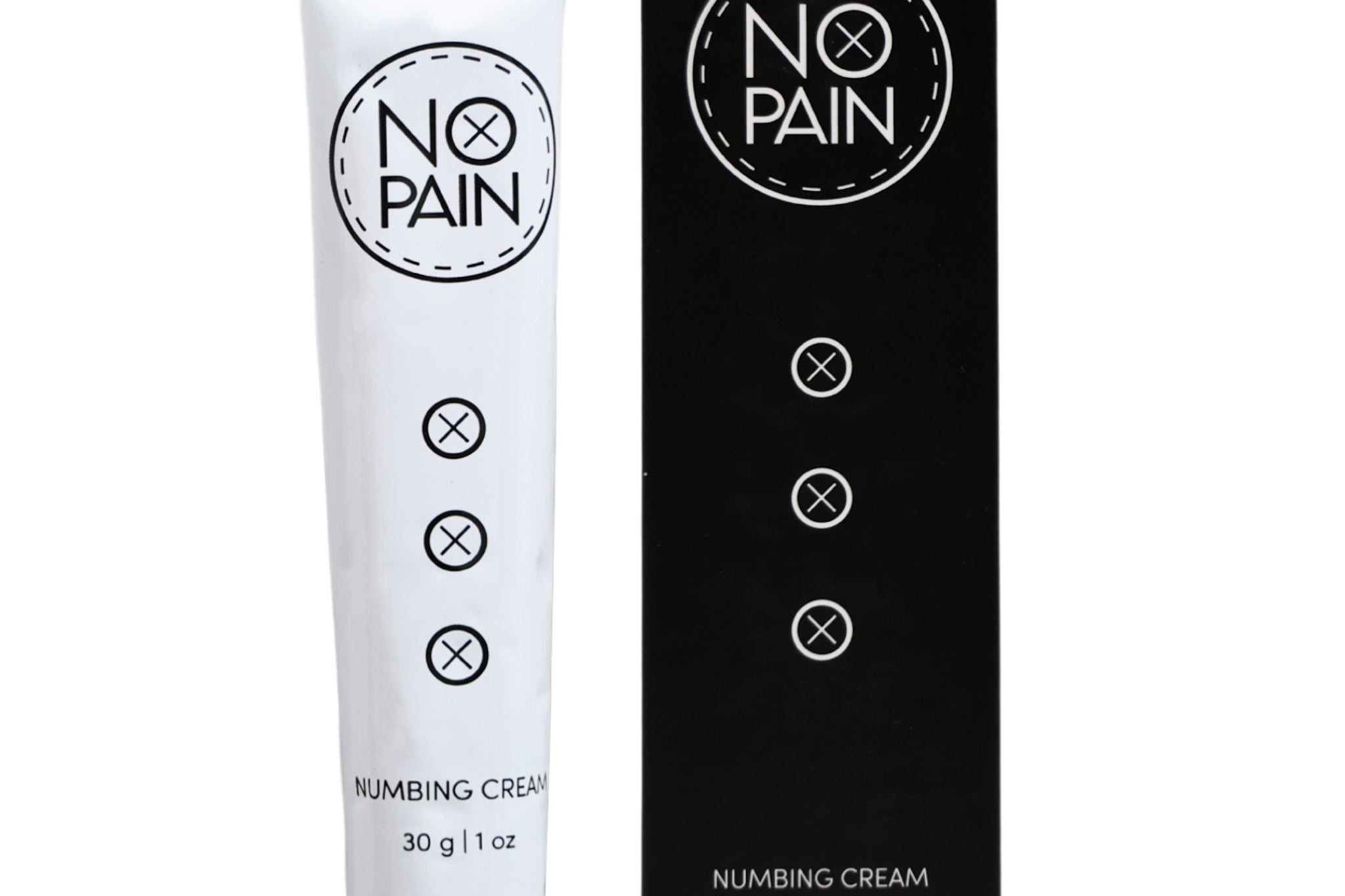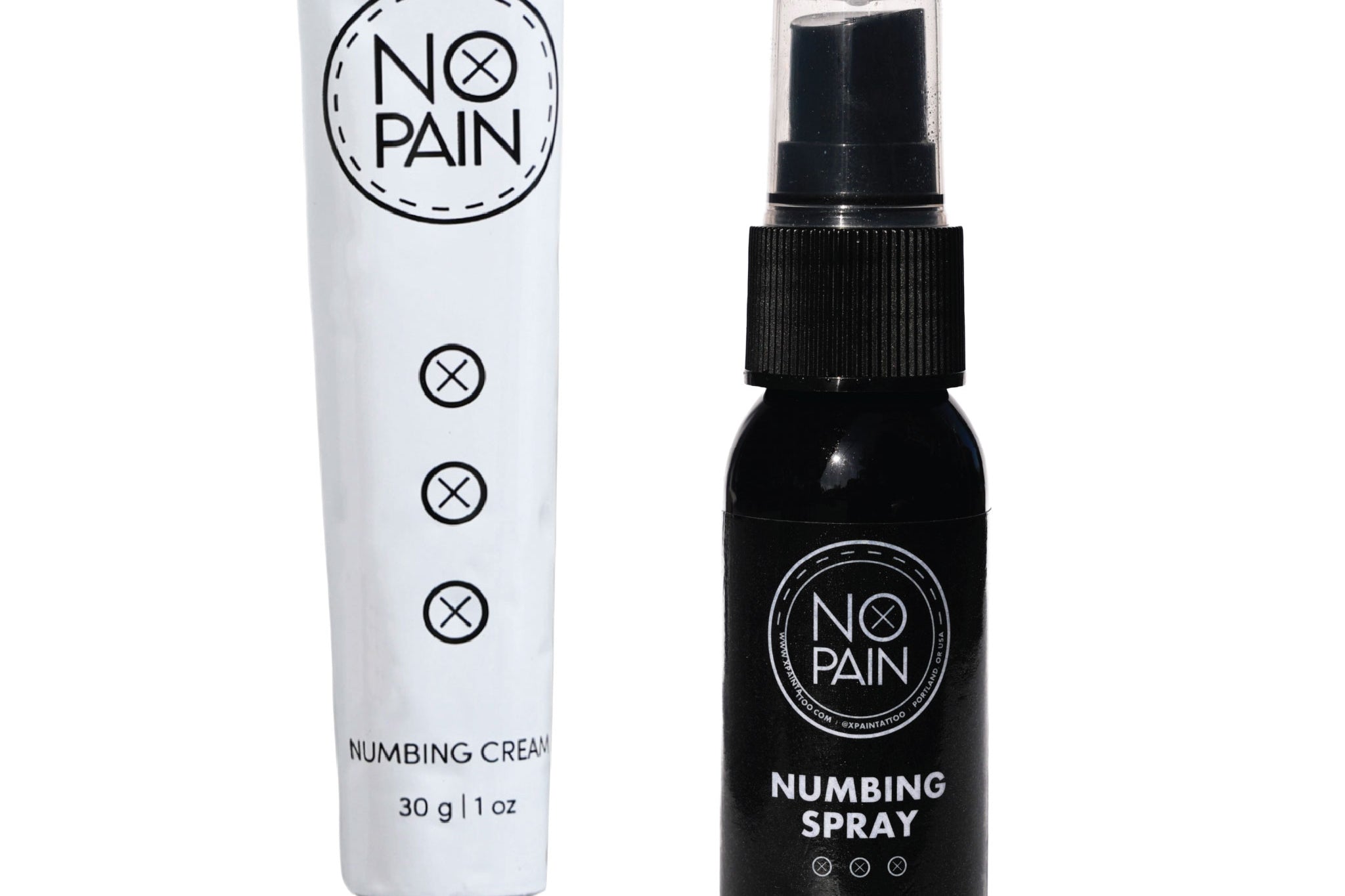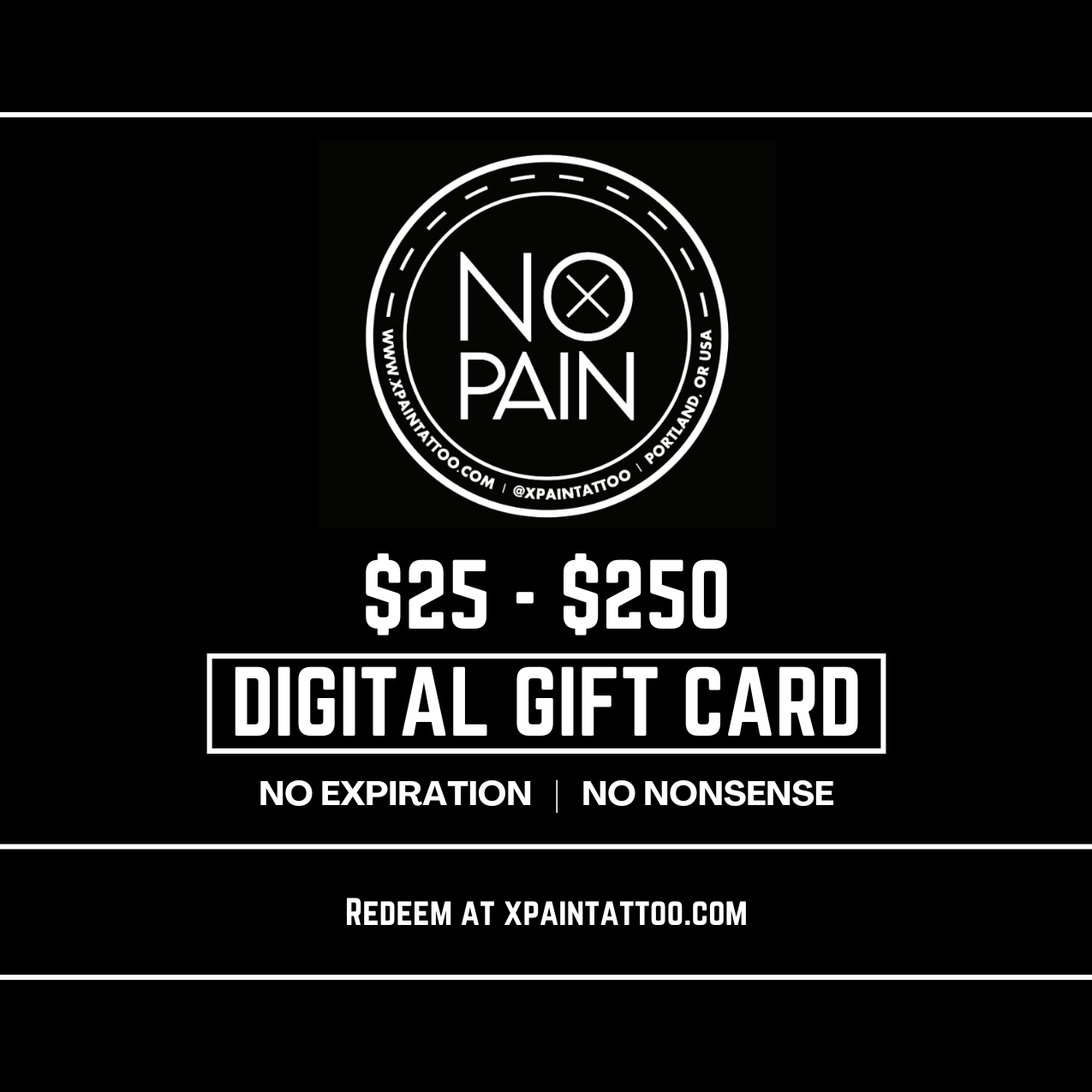For millions of people living with an autoimmune disease like lupus, rheumatoid arthritis, Crohn's disease, or psoriasis, the decision to get a tattoo is more complex than just choosing a design. The very nature of an autoimmune condition—where the body's immune system mistakenly attacks its own cells—can have a significant impact on how your tattoo will heal.
This leads to a critical and common question: "Is it safe to get a tattoo if I have an autoimmune disease?"
The answer is not a simple yes or no. For many, it is possible to get a tattoo safely, but it comes with a unique set of risks and requires careful planning and, most importantly, a thorough consultation with your doctor.
Disclaimer: This guide is not a substitute for professional medical advice. You must consult with your primary doctor and/or specialist (like a rheumatologist or dermatologist) before getting a tattoo.
The #1 Risk: The Koebner Phenomenon
This is the most significant risk for anyone with an autoimmune condition that affects the skin, like psoriasis or lupus. The Koebner phenomenon is when a new lesion or flare-up of the condition appears on a previously unaffected area of skin following an injury. A tattoo is a deliberate, controlled injury. This means the act of getting tattooed can trigger a flare-up of your condition directly on top of your new art, which can ruin the tattoo and lead to a very difficult healing process.
Other Serious Risks to Consider
-
Prolonged and Difficult Healing: Your immune system is already working overtime. Diverting its resources to heal a large, open wound can be a major challenge. This can mean a much longer and more complicated heal, leaving you to constantly question, "is my tattoo healing properly?" The normal tattoo healing stages may be extended.
-
Higher Risk of Infection: Some autoimmune diseases, and especially the immunosuppressant medications used to treat them, can make you more susceptible to infections. A new tattoo is a gateway for bacteria, and a compromised immune system has a harder time fighting it off.
-
Medication Conflicts: Some medications used to manage autoimmune conditions, like blood thinners or steroids, can interfere with the tattooing and healing process.
Your Safety Checklist: How to Proceed with Caution
If, after consulting with your doctor, you decide to move forward, you must take extra precautions.
-
Your Condition Must Be in Remission. You should not get a tattoo during an active flare-up. Your body should be in a stable, healthy state.
-
Find a Highly Experienced, Professional Artist. You must choose an artist who works in an impeccably clean, licensed studio. During your tattoo consultation, be completely transparent about your autoimmune condition. A true professional will appreciate your honesty and discuss the risks with you.
-
Consider a Patch Test. Ask your artist to tattoo a few small, discreet dots or a tiny line on your skin. Wait a full 4-6 weeks to see how your skin reacts and heals. This is the best way to preview how your body might handle a larger piece.
Aftercare is More Critical Than Ever
How to care for a new tattoo is never more important than for someone with a compromised immune system. Your aftercare routine must be flawless, gentle, and hypoallergenic.
-
Gentle Cleansing is a Must: You cannot use harsh, drying soaps. Our No Pain Tattoo Cleansing Foam is hypoallergenic and designed to clean a fresh tattoo without stripping the skin's delicate moisture barrier.
-
Soothe the Inflammation: Your skin is more likely to have a strong inflammatory response. Our No Pain Tattoo Soothing Gel is the perfect tool for the first few days to calm the initial redness and swelling.
-
Breathable Moisture is Key: Our No Pain Tattoo Aftercare Balm provides the perfect breathable, nourishing moisture to support your skin through its challenging healing journey.
A complete, professional system like our No Pain Tattoo Aftercare Bundle is the safest and most reliable way to navigate the difficult healing process.
The Verdict: Getting a tattoo with an autoimmune disease is a serious decision that requires a green light from your doctor. By taking every precaution, working with a top-tier artist, and committing to a perfect aftercare routine, you can significantly increase your chances of a safe and beautiful outcome.




